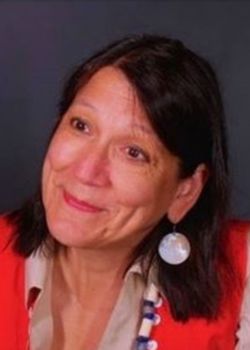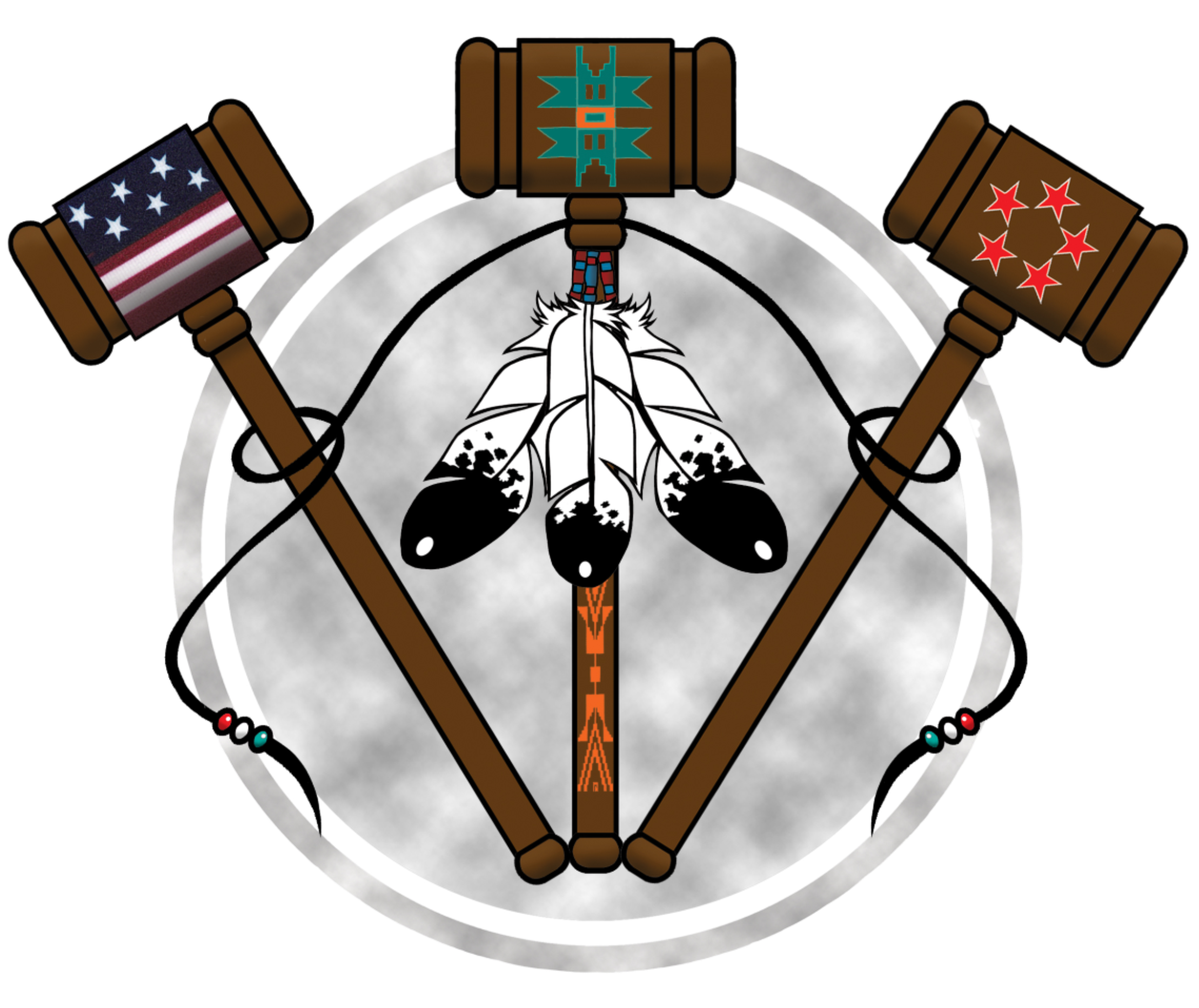Upcoming Webinar
Tribal Court Protection Orders – Full Faith & Credit Enforcement
Wednesday, August 23, 2024
11am AKT/12pm PT/1pm MT/2pm CT/3pm ET
The Tribal Law and Policy Institute (TLPI), along with our training and technical assistance partners – the National Judicial College (NJC) present an upcoming webinar: Tribal Court Protection Orders – Full Faith & Credit Enforcement
The Violence Against Women Act requires states, tribes and territories to provide full faith and credit for each other’s protection orders on domestic violence and child welfare. Such orders may relate to criminal cases connected to the Tribe or its members. States and tribes have pursued a variety of paths to ensure full faith and credit enforcement. Some states have enacted statutes explicitly recognizing tribal judge protection orders. In other states, the judicial branch or the executive branch have established procedures for enforcement of tribal judge orders. This webinar will explore those options for tribal judges to ensure full faith and credit and offer best practices for tribal court judges in issuing protective orders.
Learning Objectives:
- Explain federal law’s requirement for full faith and credit enforcement of tribal protection orders to non-tribal law enforcement officers.
- Describe efforts to develop state and local law enforcement’s full faith and credit enforcement of tribal court protection orders.
- Work with state executive and judicial branch leaders to ensure their full faith and credit enforcement of tribal court protection orders.
- Address the technical requirements of the California statute providing full faith and credit enforcement of tribal court protection orders.
Who Should Attend:
FY 2023 Coordinated Tribal Assistance (CTAS) Purpose Area #3 Grantees and tribal judges interested in learning more about full faith and credit enforcement of tribal protection orders and tribal-state collaborations.
Presenters:

Hon. Kelly Stoner (Cherokee)
Victim Advocacy Legal Specialist
Tribal Law and Policy Institute
Kelly Stoner serves as TLPI’s Victim Advocacy Legal Specialist. She graduated from the University of Oklahoma College of Law in 1988. For the past twenty years, Kelly has taught at the North Dakota School of Law and Oklahoma City University School of Law (OKCU) where she taught American Indian/ Tribal Law and Domestic Violence related classes. She directed the University of North Dakota Native American Law Project that served clients of the Spirit Lake Reservation with a caseload that targeted domestic violence and sexual assault cases. In 2011, Kelly was appointed as a Judge for the Seminole Nation of Oklahoma. She also supervised a project in partnership with the Apache Tribe of Oklahoma that established a SAFE Unit at a local hospital, recruited SANEs and targeted community education on domestic violence and sexual assault. Kelly directed the Native American Legal Resource Center at OKCU where she supervised law students prosecuting Domestic Violence, Sexual Assault and Stalking cases and representing victims of domestic violence and sexual assault in civil matters. She is a frequent lecturer for the American Bar Association’s Commission on Domestic Violence and for the Office on Violence Against Women’s national technical assistance providers on domestic violence issues in Indian Country. Ms. Stoner helped to launch Oklahoma’s only tribal coalition against domestic violence, sexual assault and stalking- the Native Alliance Against Violence.

Hon. Michelle Demmert (Tlingit)
Professor of Law
University of Alaska, Fairbanks
Michelle (Jaaghal.aat) Demmert, Tlingit, Eagle, Ḵaax̱ʼoos.hittaan (Man’s Foot) clan is an Assistant Professor in the Tribal Governance Department of the College of Indigenous Studies College. In the recent past, she was the Law and Policy Director at the Alaska Native Women’s Resource Center, served as the appointed Chief Judge for the Tulalip Tribes and the elected Chief Justice for the Central Council Tlingit and Haida Indian Tribes of Alaska.
While the Chief Justice for her tribe, she served as the co-chair of the National Congress of American Indians’ Violence Against Women Task Force. Professor Demmert has devoted her legal career to advancing improvements and practices in tribal courts and has also worked in various capacities of advancing domestic violence protections for women and children. She is an appointed Commissioner to the Not Invisible Act Commission and is on the 9 th Circuit Tribal Advisory Ad Hoc Committee. She has testified to Congress regarding legislation and current issues affecting women and children.
Professor Demmert is a graduate of the University of Washington for both her Juris Doctorate and her Bachelor of Arts in Psychology. She actively engaged in the Alaska commercial fishing industry for salmon, herring roe and halibut, prior to her practice of law.

Merri Lopez-Keifer (San Luis Rey Band of Mission Indians)
Director of the Office of Native American Affairs Office of the Attorney General, California Department of Justice
Merri Lopez-Keifer was appointed as the director of the Office of Native American Affairs, in the Office of the Attorney General, California Department of Justice (ONAA) by California Attorney Generals Rob Bonta and Xavier Becerra and serves as the Attorney General’s legal and policy advisor on tribal affairs. As the director of ONAA, Merri works closely with California’s Native American tribes to ensure that tribal governments have the opportunity to engage and coordinate with the state on matters of mutual concern and serves as a liaison between the Department’s legal and law enforcement divisions and tribal governments. Merri’s portfolio consists of all matters of importance to California tribal governments and tribal citizens that promote the health, safety and welfare for California’s tribal citizens. These matters include, but are not limited to, public safety, child welfare, civil rights, land use, victim rights, environmental justice, health equity, and tribal-state economic issues.
Merri joined the Attorney General’s Office following over 15 years serving as the Chief Legal Counsel for the San Luis Rey Band of Mission Indians (SLR), where she worked to protect Luiseño culture, cultural resources, sacred burial and ceremonial sites, and history. In that capacity, she advised the SLR Tribal Council on environmental impacts to tribal cultural resources, healthcare rights, climate change, NAGPRA and CalNAGPRA repatriation issues, child welfare, and property rights. Merri also served as an Assistant District Attorney at the San Francisco District Attorney’s Office for six years where she specialized in the area of domestic violence prosecutions. She also worked as a private practice attorney where she provided strategic counsel to Native American advocacy organizations. Merri earned a Juris Doctor from Boston College Law School and a Bachelor of Arts in law and society with special emphasis in criminal justice from the University of California at Santa Barbara.
